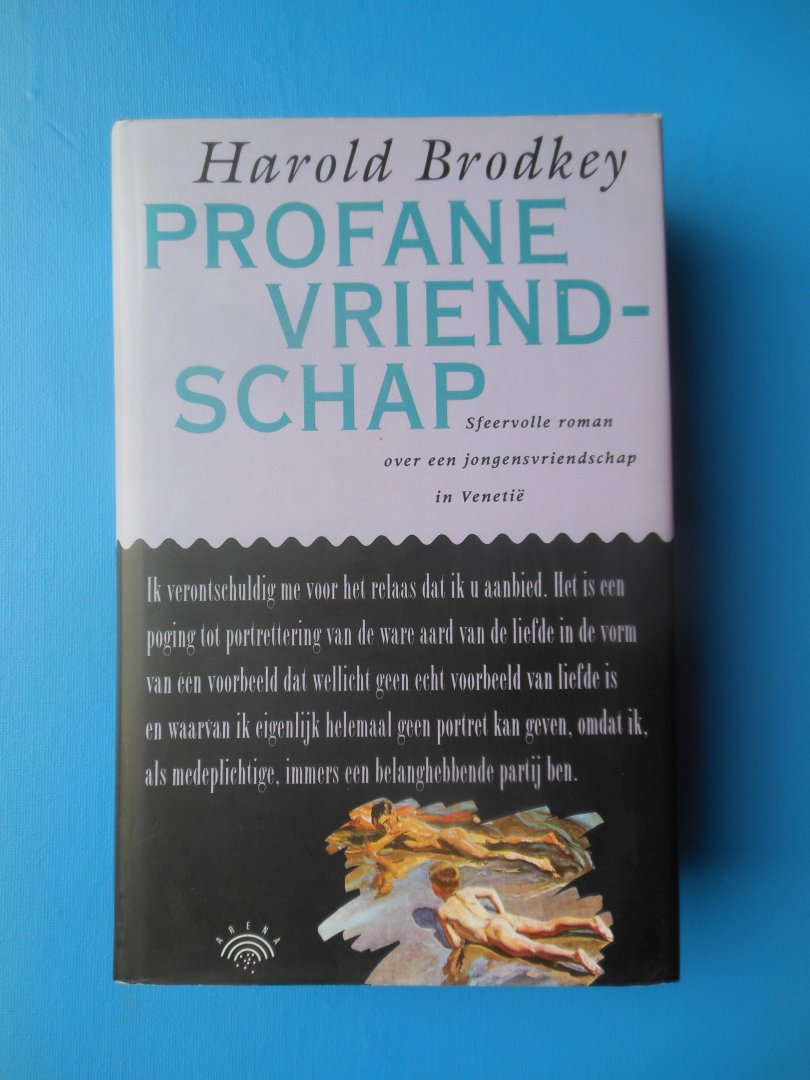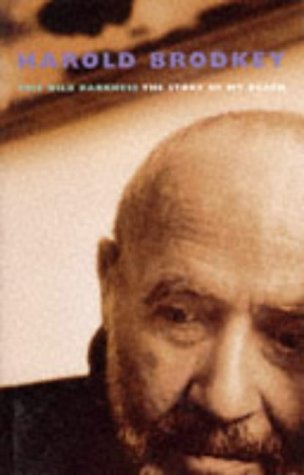
would disappear.” Yet no matter how much the younger boy longs for his love, the older, hardened in his own grievances, will not truly respond.īrodkey weaves a gently wrenching story from this situation.

The story’s perceptively intelligent protagonist, a thirteen-year-old boy, babysits for another “precocious and delicate little boy, quivering with the malaise of being unloved.” In the clever, amusing games that the older boy contrives for them to play together, the “child’s heart would come into its own, and the troubled world where his vague hungers went unfed and mothers and fathers were dim and far away. The first entry, “The State of Grace” (distantly reminiscent of Henry James’s “The Pupil”), fittingly sounds themes that will interest Brodkey in different ways throughout his career. The stories in Brodkey’s earlier collection are tender, precise accounts of the everyday impingements of human love, the conflicted pain and confusion of individuals caught between self-expansion and self-absorption. A hefty volume of his short stories from the last twenty-five years, Stories in an Almost Classical Mode, 1 has recently been published, along with a reissue of his stories from the 50’s, First Love and Other Sorrows, 2 making such an assessment possible. If his achievement falls short of the master status ascribed to him by the likes of Harold Bloom, Denis Donoghue, and Gordon Lish, it is nevertheless substantial enough to prompt serious if qualified admiration.


Add to this the image of a self-centered self-promoter, and a figure emerges who seems to epitomize everything inflated, false, and cliquish about literary politics.īut Brodkey cannot be dismissed so easily. Touted as a literary genius on the basis of a perennially unfinished novel and a handful of difficult-to-read New Yorker stories about his own traumatic childhood, he has been pushed down our throats like some obnoxious older cousin who has inexplicably garnered the admiration of the family elders. Harold Brodkey is the kind of writer a critic loves to hate.


 0 kommentar(er)
0 kommentar(er)
